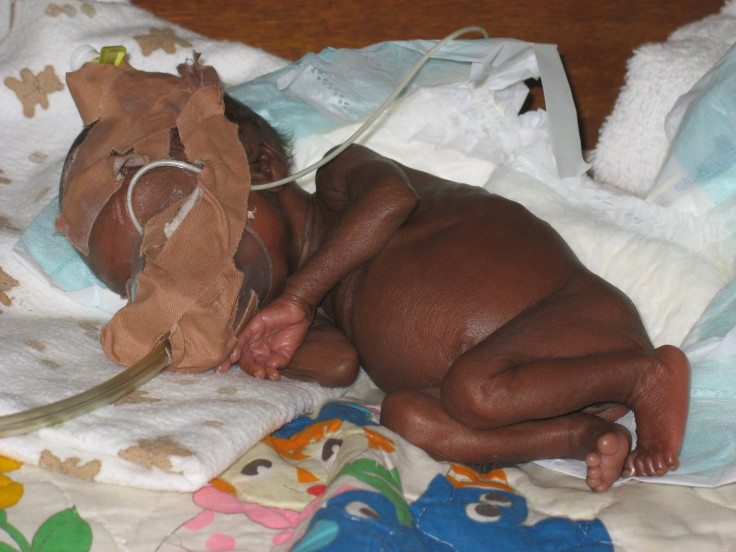No Clear Link Between Preterm Babies And Autism, Schizophrenia, And Other Mental Illnesses

Approximately 500,000 babies in the United States are born preterm. Annually, that’s one out of every nine babies born, according to the U.S. Centers for Disease Control and Prevention (CDC). Preterm birth is the leading cause of infant deaths, and, for a long time, public health officials have known that preterm babies are more likely to have many major long-term health issues, including mental illness like autism and schizophrenia. However, new data and studies are leading researchers to believe that only some of the problems associated with premature births are actually caused by the preterm birth itself.
A new study out of Indiana University Bloomington looked at approximately 3.3 million children born in Sweden from 1973 to 2008. In the study, researchers examined preterm birth and mortality, mental health, suicide rates, substance abuse, low-income and social welfare benefits, educational outcomes, and social ineptness. The researchers attempted to give a more accurate perspective on preterm mortality rates and risk for health issues by comparing preterm children with their siblings, and not only to other premature babies. The results were striking.
On the one hand, the study did reinforce previous research supporting a causal relationship between preterm birth and mortality and psychiatric outcomes. On the other hand, “our findings contradict previous research and suggest that preterm birth does not have a causal influence on other outcomes, such as suicide attempts and educational attainment,” Brian D'Onofrio, lead author of the study and associate professor in the Department of Psychological and Brain Sciences at Indiana University Bloomington, told Newsweek.
In other words, while it may be the case that preterm babies are more likely to grow up with a higher risk of suicide and dropping out of high school, this may be a coincidence. D’Onofrio says that these issues tend to be “something that siblings share" — things like socioeconomic issues or gestational problems faced by the mother may be the underlying cause of these risks, and not the preterm birth itself.
According to D’Onofrio, this has been one of the biggest and most unprecedented studies of its kind because it focuses on preterm babies along with their siblings.
“Preventative services should try to reduce premature births. Then, outreach services should be available to not only the premature baby, but to their entire family as well,” D’Onofrio said.
Source: D'Onofrio, Brian M. Preterm Birth and Mortality and Morbidity. JAMA Psychiatry. 2013.



























